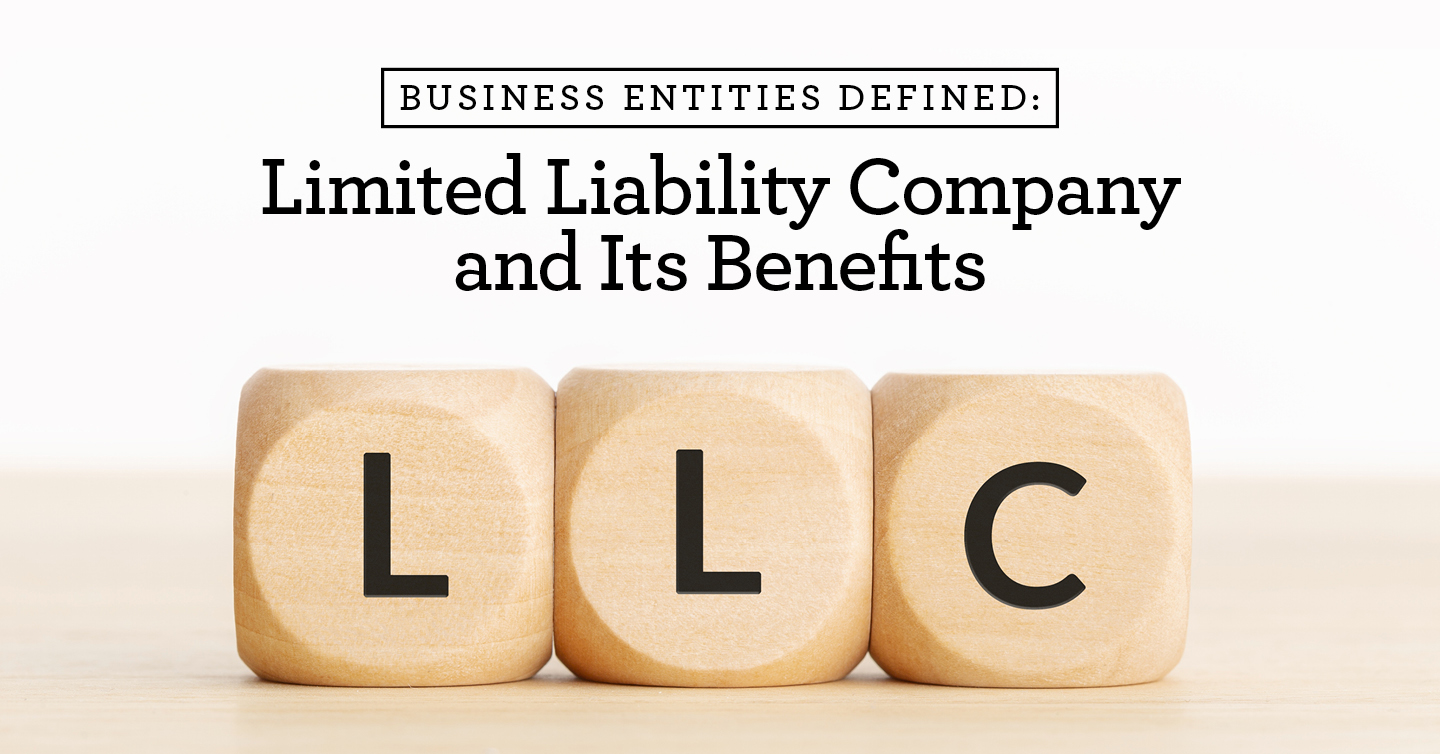Before you start a business, several decisions must be made, including the business structure. One of the most popular business structures in the U.S. is a limited liability company. So, let’s look at a limited liability company and its benefits more in depth to see if it’s the right setup for your future company.
What is a limited liability company?
For a better understanding of a limited liability company and its benefits, let’s start with the definition of a limited liability company. To summarize, it is a hybrid entity that combines the features of a corporation with those of a partnership or sole proprietorship.
Limited liability companies protect their owners from being held personally liable for the obligations of the company. Similar to a corporation, an LLC offers its owners limited liability in the event that the company fails. However, like a partnership, an LLC “passes through” its profits so that the owners must pay taxes on it as part of their individual income.
In fact, those very traits are two of the main advantages of a limited liability company.
The benefits of LLCs
One of the biggest benefits of a limited liability company is that it is a separate entity. In other words, the personal assets of company owners or members cannot be used to fulfill the company’s debts and other obligations. Therefore, members only risk losing what they invested in the company, not their individual belongings.
The flexibility of how an LLC is to be taxed is another one of the benefits. While LLC’s can be taxed as corporations, partnerships or sole proprietors, the default tax classification is as a sole proprietor if it has one member and as a partnership with two or more members.
In a nutshell, all the companies’ profits can be distributed directly to the owners, which are then taxed as part of their personal income. This prevents “double taxation” of the business and its owners because it’s only taxed once.
Whereas with a corporation, for instance, the profits are taxed first at the company level and then again once the profits are passed on to the business shareholders.
In addition to limited liability and streamlined taxation, limited liability companies are relatively easy to set up and offer a more flexible management structure than other types of business entities. However, rules and regulations vary state-by-state, so be sure to double-check your state’s requirements.
Summary
Now that we’ve reviewed more about a limited liability company and its benefits, get ready to take the next step with our help! Did you know we offer new business planning services? We do! Contact us to schedule your free consultation. In the meantime, keep reading our blogs for more industry news.







Leave A Comment